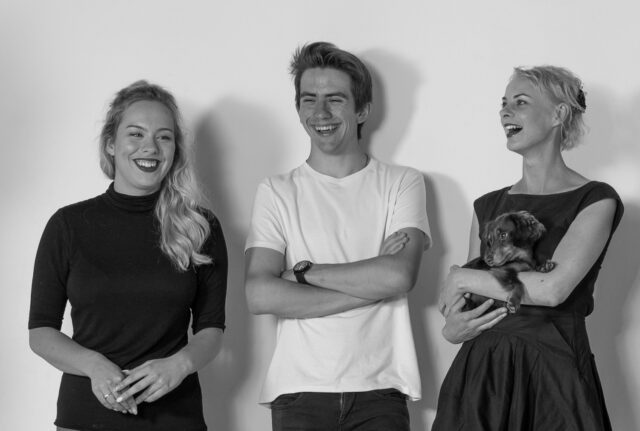Guest blog: What is ‘lived experience’ and why does collaborative creativity make change happen? (part 1 / 3)
As part of Loneliness Awareness Week 2021, we’ve invited Eloïse Malone, Chief Creative Officer at Effervescent, to blog about the importance of lived experience and youth social action as a way to make effective campaigns.
Effervescent is a creative agency that helps charities like the Co-op Foundation collaborate with children and young people so they can co-produce campaigns that make the world better.
We’ve worked with Eloïse and Effervescent for the past two years on the Lonely Not Alone campaign to tackle the stigma of youth loneliness. Our partnership has helped us grow Lonely Not Alone into a nationally-recognised brand that’s helping young people feel more confident talking about loneliness.
Our campaign will return this autumn. Sign up to our newsletter to find out first how you can get involved.

Everyone had very unique ideas, and our campaign idea is a whole mix of them: I’m really proud with what we’ve come up with. It made me appreciate what working in a team can achieve, because I could never have developed any one of those ideas alone as well as we did in groups. Often our ideas went down a path I had never even considered, but they turned out to be really important, and resonated with all of our team’s experiences of loneliness – Helen, 21, 2021, a creative collaborator on Lonely Not Alone
Social action is about taking steps to make a positive difference to our community or environment.
Effervescent has been working alongside the Co-op Foundation and young people from all over the UK to destigmatise young people’s loneliness through social action. Our combined approach has been to resource, support and champion children and young adults who have lived experience of loneliness.
But what do we mean by lived experience?
The idea of lived experience stems from the philosopher Heidegger, who was interested in how we made sense of our lives.
The crucial idea is that some things that happen to us, or we live through situations that are so profound, so deep and so visceral that they shape our lives and the way we experience everything. In short, we ‘live’ that experience.
Heidegger’s work was mainly written in the first half of the 20th century. Since then, discoveries about epigenetic trauma and post-traumatic stress have highlighted brain and DNA science that supports Heidegger’s ideas.
These lived experiences fuel the stories we tell ourselves about who we are and what we are capable of. But because they are so deeply embedded in who we are and what we believe, we often don’t notice them.
Lived experience is about ways of deeply ‘knowing’. Importantly, we don’t always know what we know, because it is so buried in who we are; it’s fused into our biology and biochemistry.
In the west we have traditionally separated mind from body and historically believed that people think in their heads. Recent research has demonstrated that, in fact, we synthesise information from our senses, hearts and even our stomachs (‘gut instinct’): this is embodied knowledge.
We also now understand much more about how people connect to each other at a cellular level and the effect that observation has on changing what is being looked at. Through systems thinking we understand that nobody exists in a vacuum. In fact, we all exist in complex relationships with each other.
This is important because so much youth work, education and co-production with children and young people is still carried out through processes that ask them to say things, prioritise things and work through words and writing while being observed or facilitated by someone who doesn’t make themself part of the group.
Much more can be achieved through physical sensory exploration – play, art, drama, dance, music – and collective experiments in making things happen, and reflecting on the results as a collective.
In next week’s blog, Ellie will look at why social action by young people with lived experience is so important.
